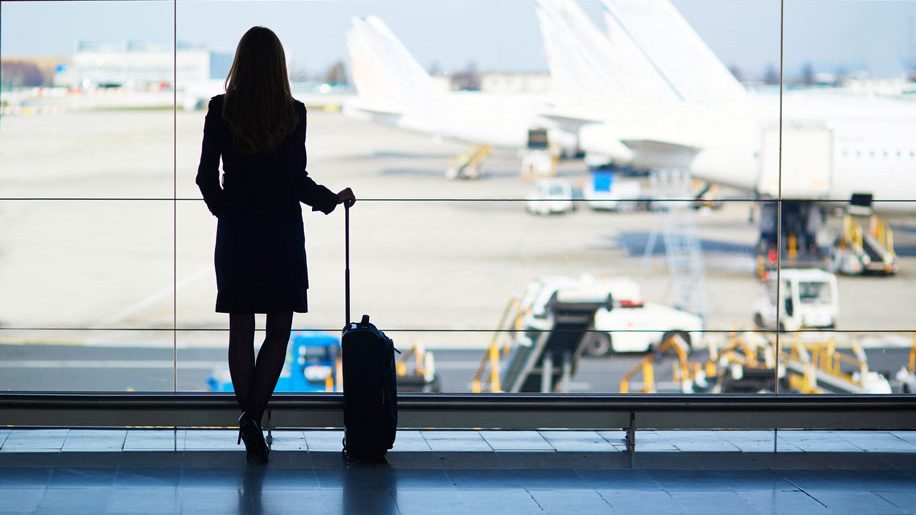More than 50 per cent of global destinations have started easing travel restrictions, reveals the latest data by the United Nations World Tourism Organisation (UNWTO).
Analysing restrictions up to September 1, the seventh edition of the UNWTO “Covid-19 Related Travel Restrictions: A Global Review for Tourism” shows that 115 destinations (53 per cent of all destinations worldwide) have eased travel restrictions, indicating an increase of 28 since July 19.
Out of these, two have lifted all restrictions, while the remaining 113 continue to have certain restrictive measures in place.
On the other hand, 93 destinations (43 per cent of all worldwide destinations) continue to have their borders completely closed to tourism, according to the study.
More than half of all destinations with borders completely closed to tourism are classified as being among the ‘world’s most vulnerable countries.’ These include ten Small Island Developing States (SIDS), one Least Developed Country (LDC) and three Land-Locked Developing Countries (LLDCs).
Over half of destinations with full restrictions still in place are also highly dependent on aviation, with at least 70 per cent of their tourist arrivals coming by air.
Other key findings from the research include:
- Destinations which have eased travel restrictions generally have high or very high levels of health and hygiene infrastructure. They also tend to have comparatively low Covid-19 infection rates.
- Within advanced economies, 79 per cent of tourism destinations have eased restrictions. In emerging economies, just 47 per cent of destinations have done so.
- About 64 per cent of those destinations (with eased protocols) have a high or medium dependence on air as a mode of transport for international tourist arrivals.
UNWTO secretary-general Zurab Pololikashvili said:
“Coordinated leadership and enhanced cooperation between governments mean tourism is slowly but steadily restarting in many parts of the world.
“Starting to ease restrictions on travel opens doors for tourism’s social and economic benefits to return.
“While we must remain vigilant and cautious, we are concerned about those destinations with ongoing full travel restrictions, especially where tourism is a lifeline and economic and social development are under threat.”


